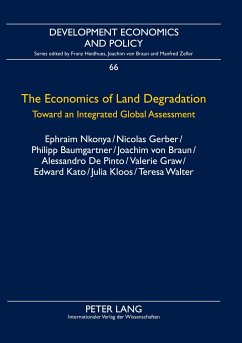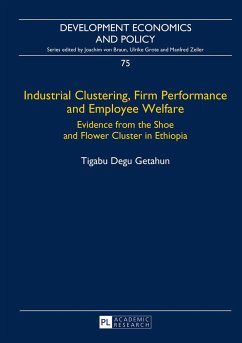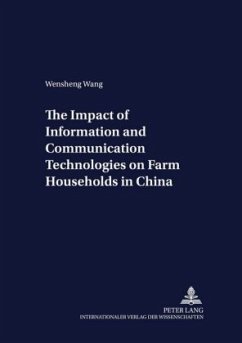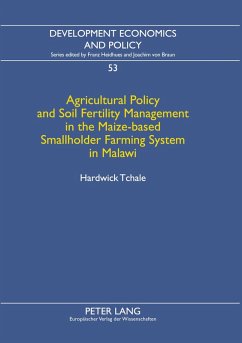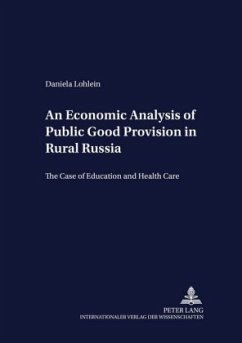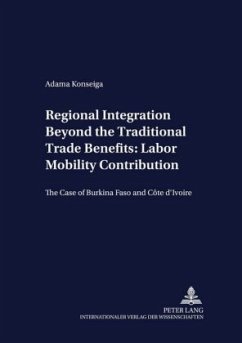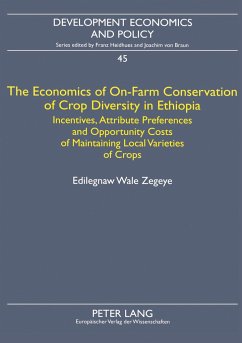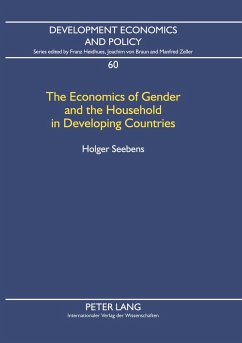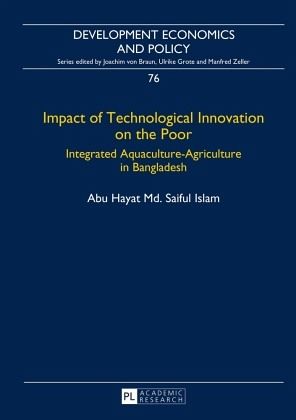
Impact of Technological Innovation on the Poor
Integrated Aquaculture-Agriculture in Bangladesh. Dissertationsschrift
Versandkostenfrei!
Versandfertig in 6-10 Tagen
73,30 €
inkl. MwSt.

PAYBACK Punkte
0 °P sammeln!
The author examines the dynamics of participation in and welfare impact of integrated aquaculture-agriculture (IAA) value chain by using three-year panel data from indigenous households in the northern and north-western regions of Bangladesh. By different panel estimation methods he analyses the IAA value chain participation dynamics and indicates that education and household size, access to extensions and market information, community-based organisations (CBO) membership are positively associated with participation and continuing participation in IAA value chain activities. Welfare impact res...
The author examines the dynamics of participation in and welfare impact of integrated aquaculture-agriculture (IAA) value chain by using three-year panel data from indigenous households in the northern and north-western regions of Bangladesh. By different panel estimation methods he analyses the IAA value chain participation dynamics and indicates that education and household size, access to extensions and market information, community-based organisations (CBO) membership are positively associated with participation and continuing participation in IAA value chain activities. Welfare impact results indicate that IAA value chain participation is positively correlated to household income and consumption frequency of some goods, particularly fish. Assessment of the comparative socio-environmental impacts of rice monoculture and rice-fish based IAA practices suggests that rice-fish based IAA is a sustainable alternative to rice monoculture.



